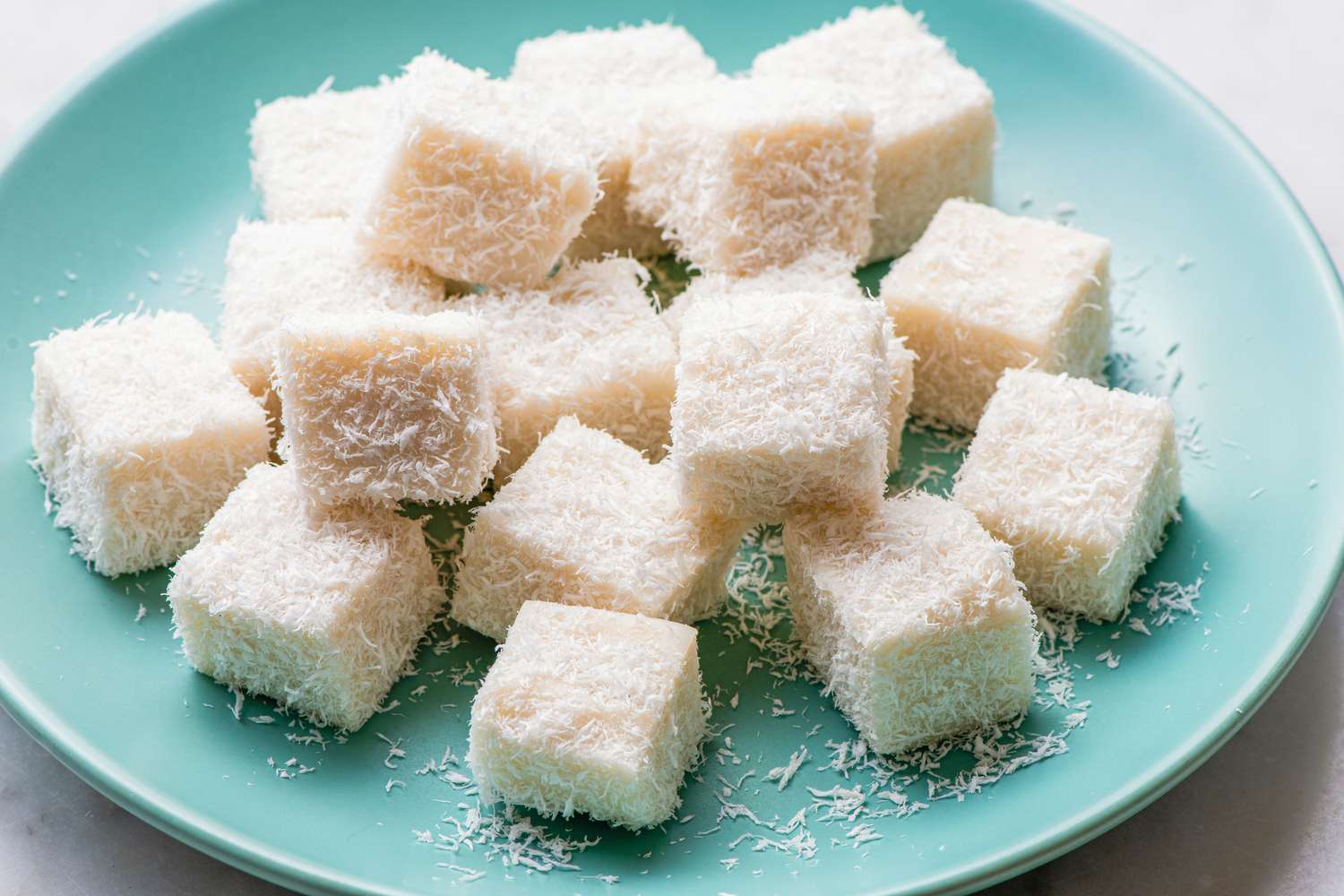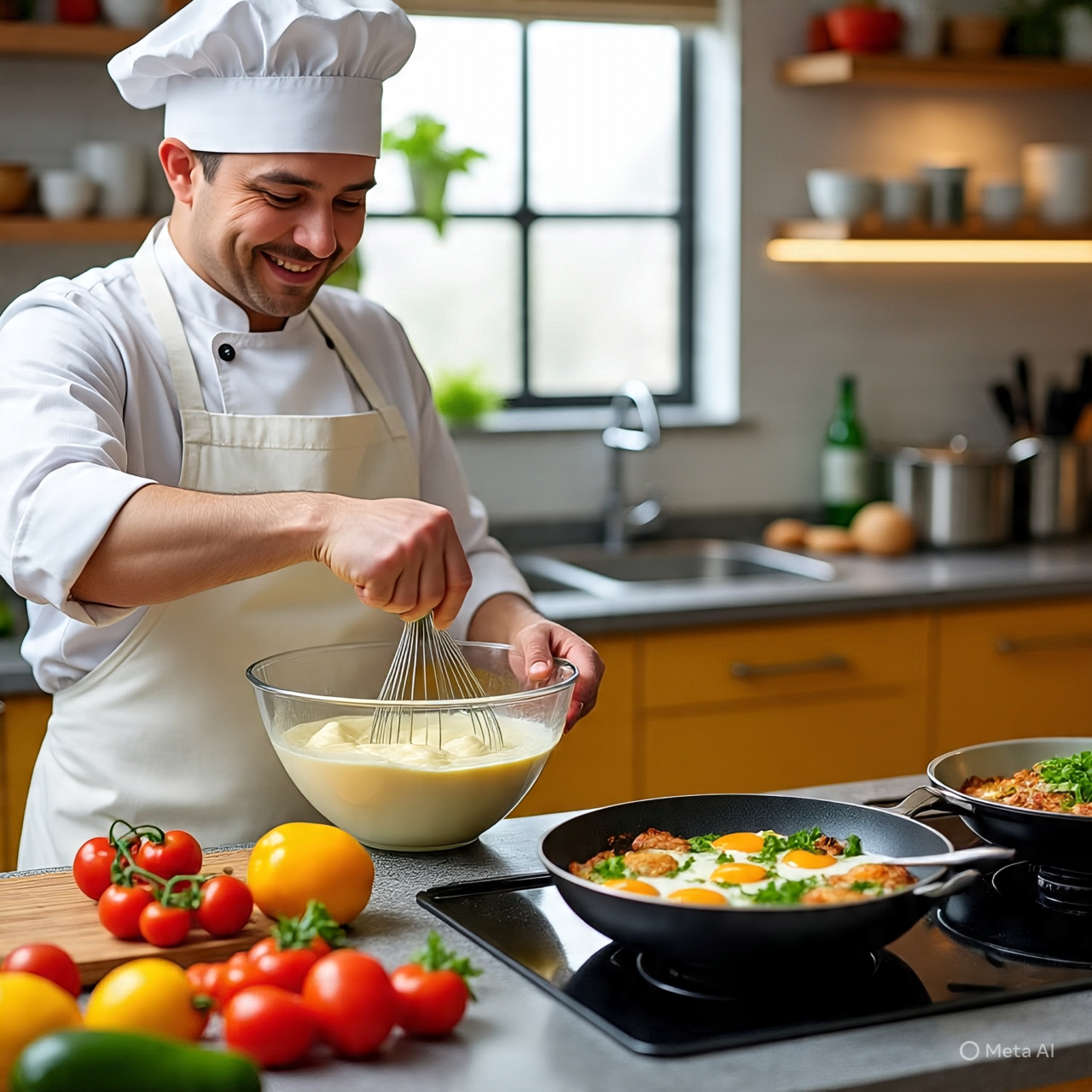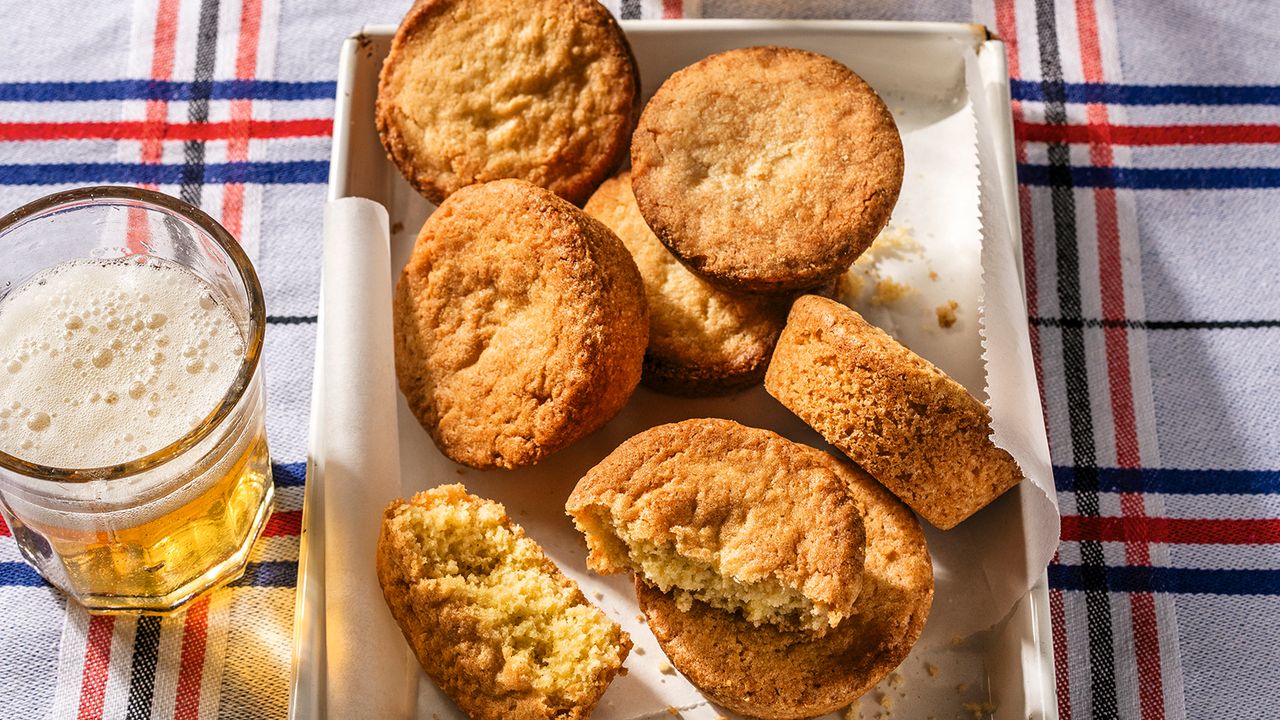There are other key nutrients, such as B vitamins and the minerals magnesium and iron which also play an important part in how the body harnesses and uses energy from food.
Expert interviewees:
Nicola Shubrook, owner of clinic Urban Wellness, registered nutritionist and certified functional medicine practitioner
Kerry Torrens, registered nutritionist, member of the British Association for Nutrition and Lifestyle Medicine, and a member of the Guild of Food Writers
Jo Williams, registered nutritionist with a specialism in public health
1. Oats
Oats are a complex carbohydrate, providing a steady release of energy which helps prevent the blood sugar crashes that can lead to fatigue. They’re also high in a soluble fibre called beta-glucan.
Nutritionist Nicola Shubrook explains: “Beta-glucan is also beneficial in helping us manage our blood sugar levels, with studies suggesting it helps to lower levels of blood glucose after a meal and improves our sensitivity to the blood sugar-managing hormone, insulin.”
Check out our healthy oats recipes for lots of inspiration, including these blackberry baked oats.
2. Spinach
Spinach is rich in iron, a mineral vital for the production of haemoglobin, which transports oxygen in the blood. Low iron levels can lead to tiredness and lethargy. Spinach also contains magnesium, which can help with energy and sleep.
“Spinach has long been regarded as a plant that can restore energy, increase vitality and improve the quality of the blood,” says nutritionist Jo Williams. “There are good reasons for this, including its iron content. Iron plays a central role in the function of red blood cells, helping transport oxygen around the body, supporting energy production and DNA synthesis.”
We’ve got plenty of spinach recipes to try from risottos and pasta bakes to healthy omelettes and vibrant curries.
3. Eggs
As a protein source, it doesn’t get much better than eggs – a ‘complete’ protein, containing all nine essential amino acids. One of these, leucine, is particularly beneficial for energy production. Eggs also provide B vitamins, such as B12, which are necessary for converting food into usable energy.
“All the B vitamins, with the exception of folate, are involved in one or more of the steps that transform the food you eat to the energy your cells use,” explains Kerry. The yolks are the best bit for vitamins B12 and D, as well as choline, also important for helping our bodies process food into energy.”
4. Bananas
“Since they have a low water content, bananas typically have more calories as well as a higher sugar content when compared to other fruits,” says Jo Williams. “They contain sugar in the forms of sucrose, fructose and glucose in combination with fibre, which allows them to supply an instant, yet sustained boost of energy.”
What’s more, the electrolytes contained in bananas mean they may be just as effective as a sports drink. Browse our banana recipes for plenty of banana bread ideas, plus pancakes, muffins and more.
5. Greek yogurt
Greek yogurt provides that magic combo of protein and carbohydrates, helping to keep you fuller for longer and stabilise blood sugar levels. It also contains probiotics, helpful for a healthy gut, which itself can improve nutrient absorption and energy levels.
6. Lentils
Lentils might just be the pick of the energy-boosting bunch. An excellent plant-based source of protein, complex carbohydrates and iron, these nutrients will help stabilise blood sugar and provide long-lasting energy. The iron content also helps prevent anaemia-related fatigue, especially in vegetarians and vegans.
“Legumes in general have a low glycaemic index (GI) which slows the rate at which the energy they supply is released into the bloodstream. This helps improve blood sugar management,” adds Kerry.
7. Pumpkin seeds
Pumpkin seeds are rich in magnesium and zinc, both important minerals to keep you feeling on top of your game.
“Magnesium plays a number of roles in energy production, so no surprise then that low levels are associated with physical and muscle fatigue,” says Kerry. “And people with chronic fatigue may be low in zinc, it acts as co-factor helping to restore energy pathways.”
We’ve blitzed up a pumpkin seed butter to spread on rye toast for a healthy snack, or try scattering them over a healthy salad.
8. Blueberries
Perhaps the original ‘superfood’, is it any surprise that these little berries are also helpful for energy levels? According to nutritionist Jo, “Blueberries are both low in sugar and a good source of fibre; as a result, they have a low glycaemic index (GI). This, together with their high flavonoid content, may help improve insulin sensitivity, which is important for managing blood sugar levels.”
9. Oranges
Oranges are famous for vitamin C, and this is a nutrient that can help reduce tiredness. The natural sugars in oranges provide a quick energy boost, while the fibre content slows absorption, preventing a rapid drop in energy.
But perhaps more material in terms of fighting fatigue, is the way that vitamin C and citric acid synergise with iron. According to Nicola, these nutrients are “Two compounds which, when consumed with iron-rich foods, improves our uptake of this important mineral.”
10. Dark chocolate
While frequent, high-sugar foods aren’t advised, a couple of squares of dark chocolate is very much on the good list, says Kerry. “It contains a chemical called theobromine which can boost energy and support your mood.” There’s also a small amount of caffeine” “Being a stimulant, caffeine speeds up the messages between your brain and body. Consumed in small amounts and as part of a balanced diet it may help support alertness, increase energy availability and reduce your perception of fatigue.”
This isn’t an excuse to cut loose, however. “As dark chocolate is high in calories, saturated fat and potentially sugar, your intake should be moderated,” adds Nicola. “20g of high-cocoa, minimally processed dark chocolate (about six small pieces or two large squares) can still form part of a varied, balanced diet.”
Incorporating these foods into your daily diet can help provide a steady supply of energy, reduce the risk of nutrient deficiencies that contribute to tiredness, and support overall well-being. Remember that hydration, regular exercise, and adequate sleep are also essential for maintaining energy levels. By choosing nutrient-dense, whole foods, you can help your body perform at its best and keep fatigue at bay.
More wellbeing guides
The gut-hormone connection: how food affects every area of your health
Expert explains: what is serotonin
Expert explains: how to have a better night’s sleep
10 ways to boost energy when tired
How to follow a plant-based diet
5 Mediterranean foods for better health


